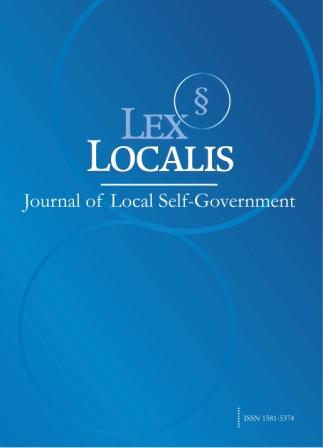THE ROLE OF BIG DATA ANALYTICS IN DEVELOPING LOGISTICS WITHIN RENEWABLE ENERGY SYSTEMS:THE MODERATING ROLE OF ENGINEERING SOLUTIONS
DOI:
https://doi.org/10.52152/Keywords:
Engineering Systems, Warehousing Practices, Logistics Optimization, Operational Performance, Big Data AnalyticsAbstract
The escalating need for sustainable energy infrastructure has prompted an increased focus on solar microgrids, particularly in logistics-intensive deployments. Simultaneously, technological progress in Big Data Analytics has introduced new capabilities for optimizing Warehousing Practices and logistics systems. Accordingly, this research seeks to evaluate the role of AI-based optimization in improving Warehousing Practices and logistics performance within solar microgrid operations. Furthermore, the study examines the moderating influence of engineering systems in enhancing operational performance outcomes. A quantitative deductive methodology was adopted, with data collected through structured questionnaires from 265 professionals engaged in solar microgrid planning and implementation across Jordan. The dataset was analyzed using SPSS and PLS-SEM to test the proposed relationships. The findings reveal that Big Data Analytics significantly contributes to Warehousing Practices and logistics optimization, thereby enhancing operational efficiency. Moreover, engineering systems were found to moderate the relationship between AI-driven logistics processes and operational performance, particularly in areas of reliability, cost control, and system responsiveness. All hypothesized relationships were statistically significant, indicating the strategic role of engineering frameworks in leveraging AI for logistical improvements. The study concludes by addressing its methodological limitations and suggesting future research directions that incorporate real-time simulation models and cross-sectoral comparisons.
Downloads
Published
Issue
Section
License
Copyright (c) 2025 Lex localis - Journal of Local Self-Government

This work is licensed under a Creative Commons Attribution-NonCommercial-NoDerivatives 4.0 International License.








